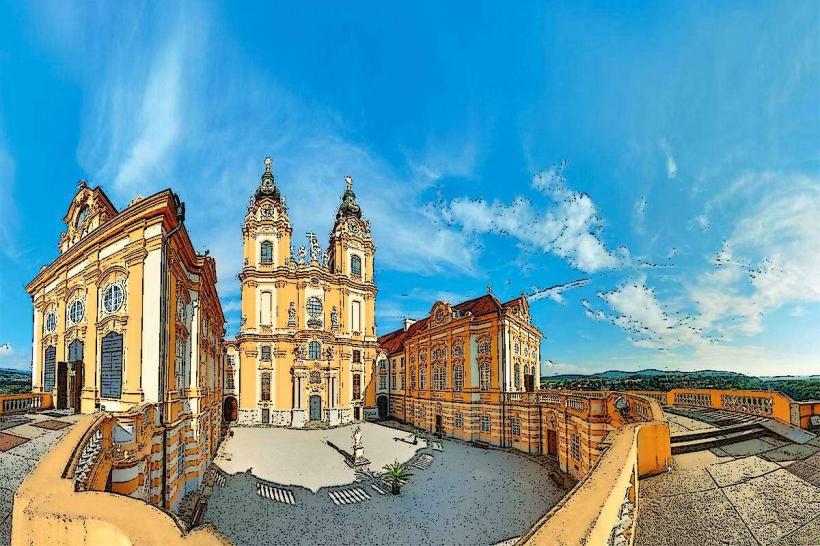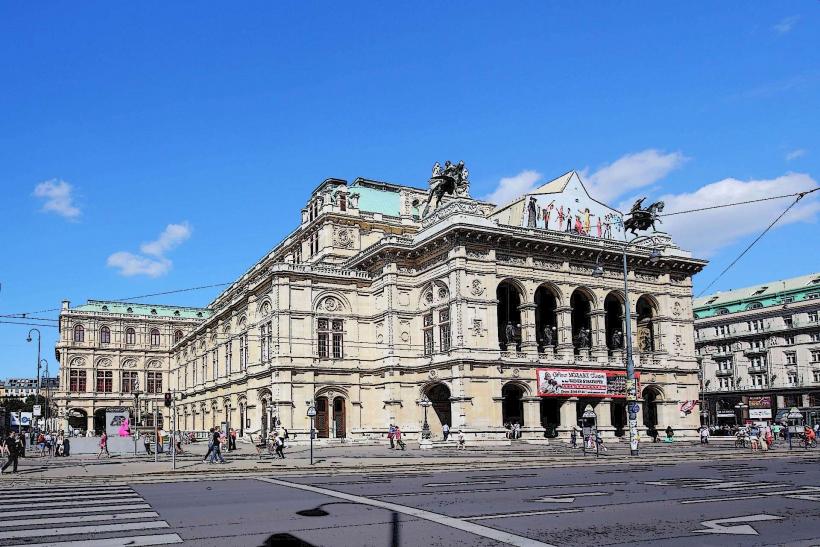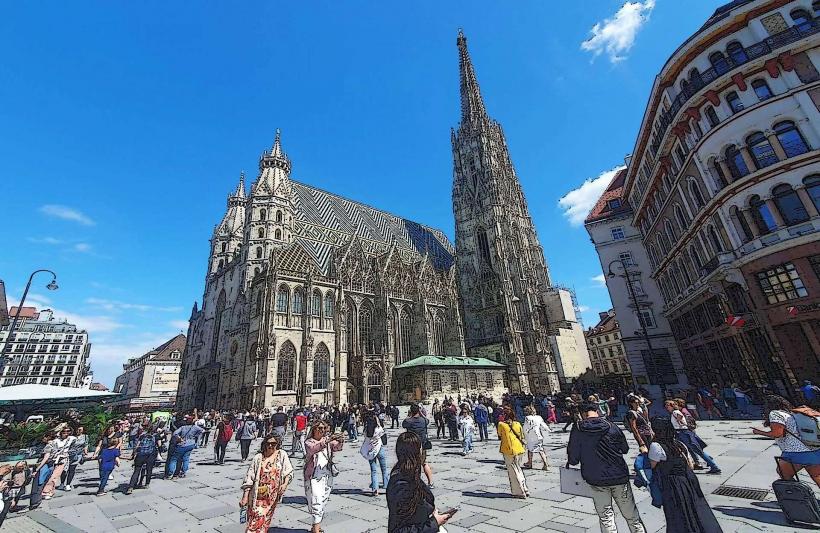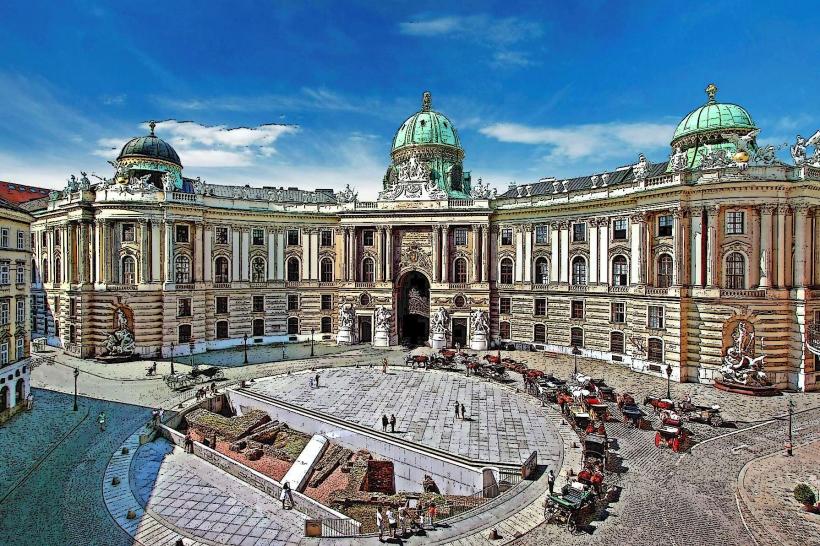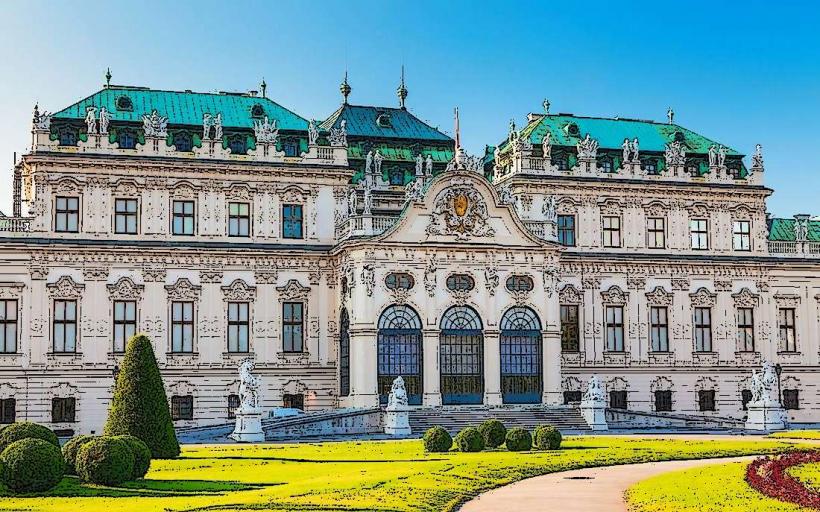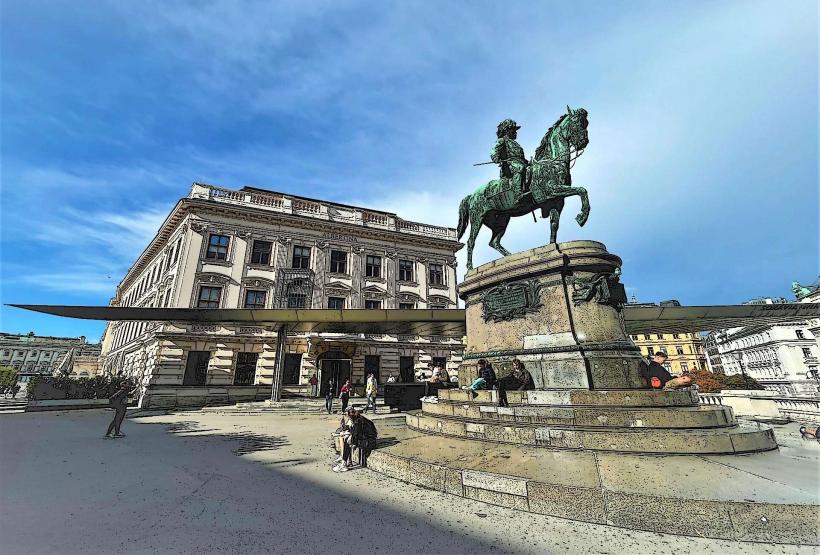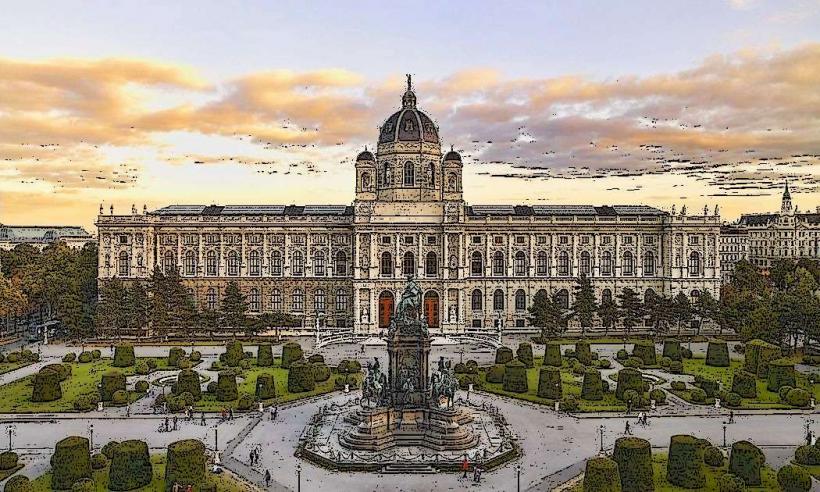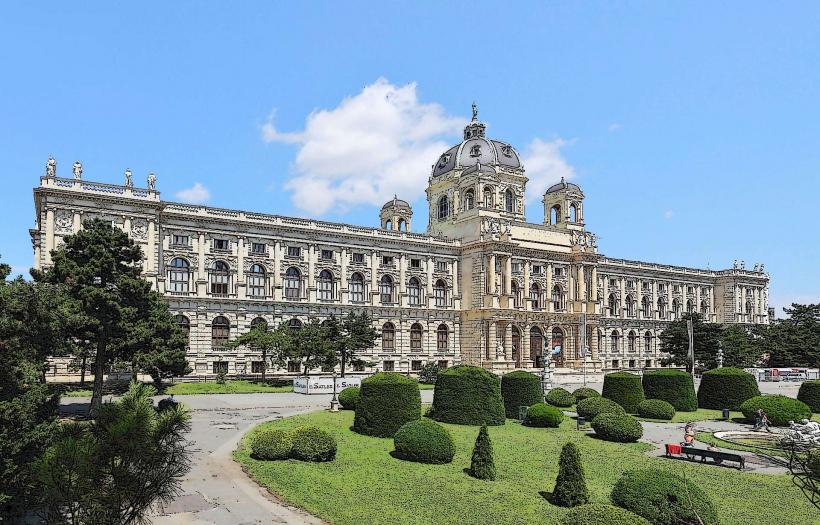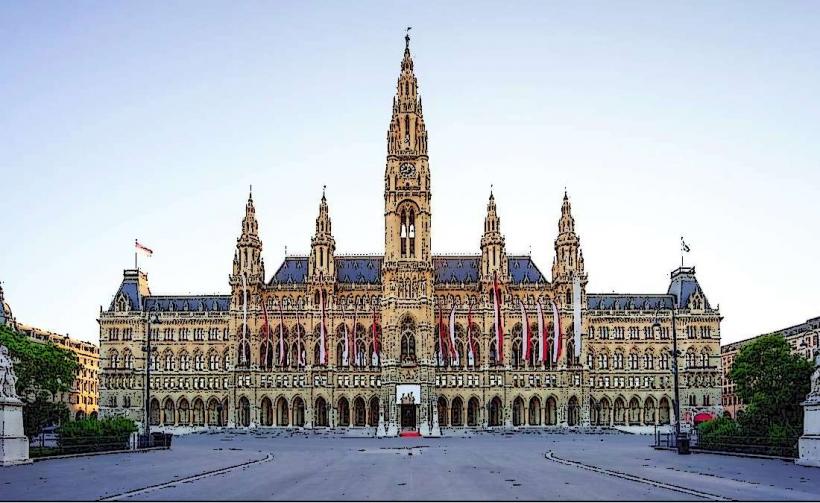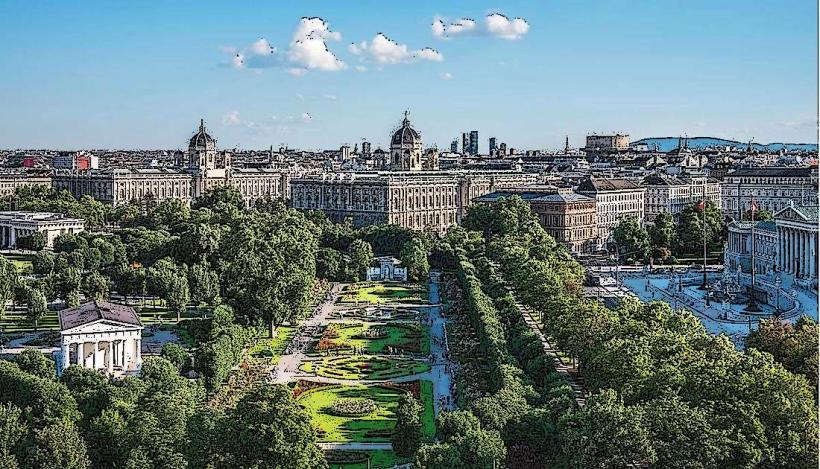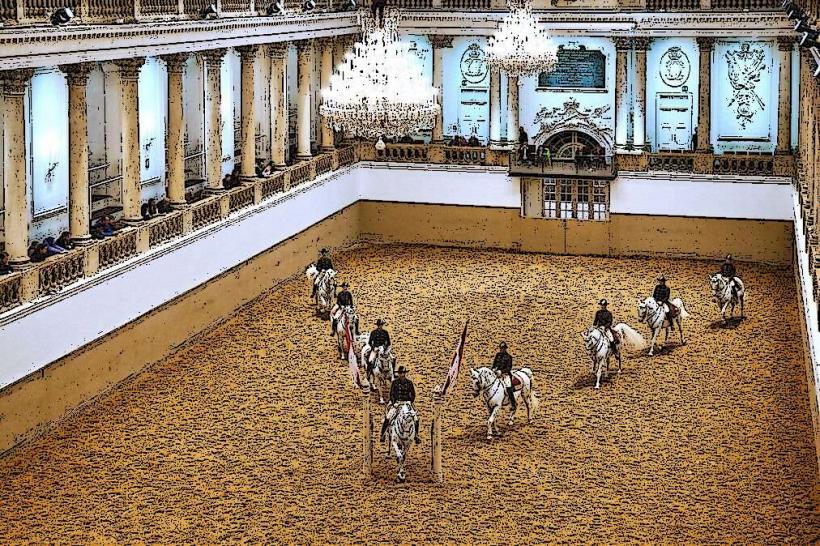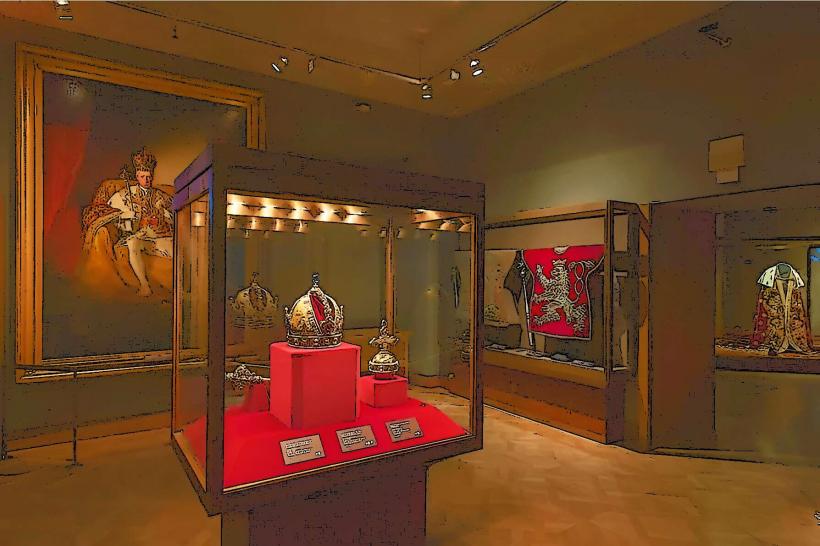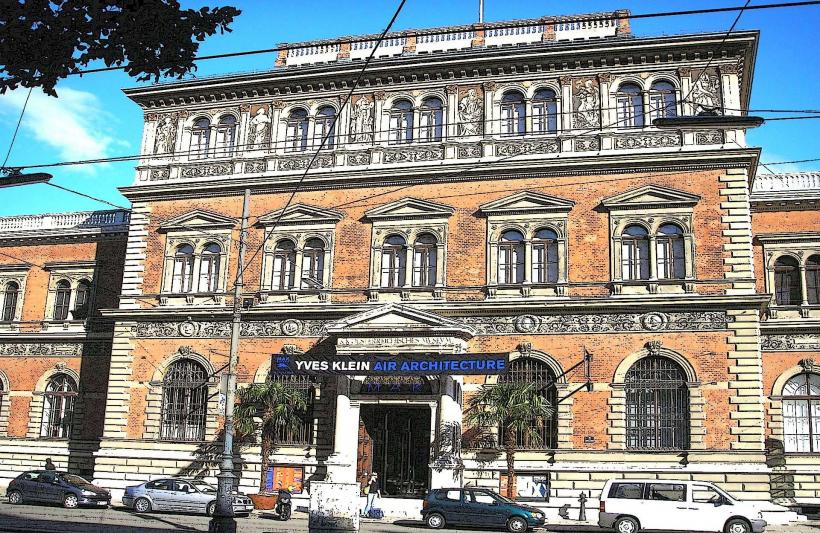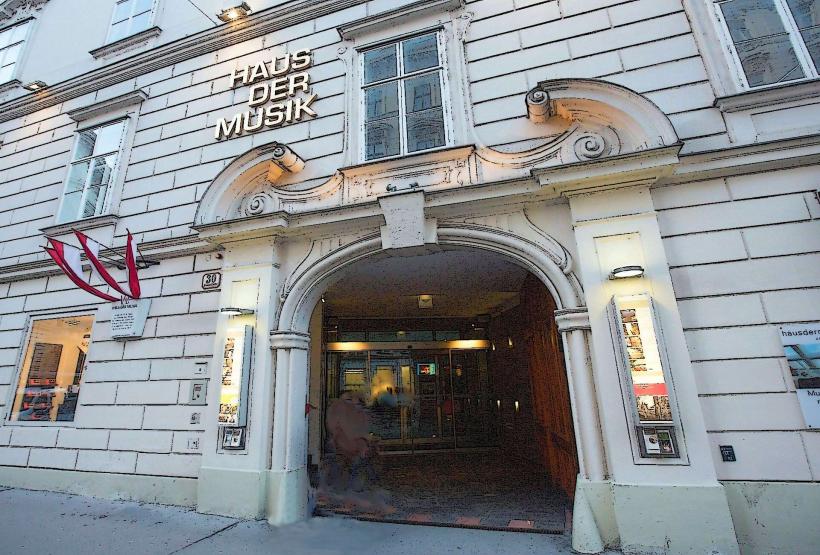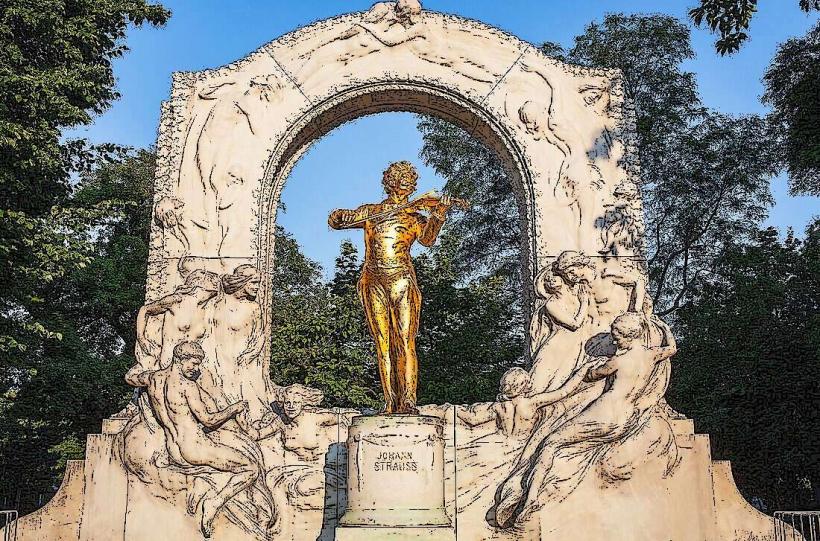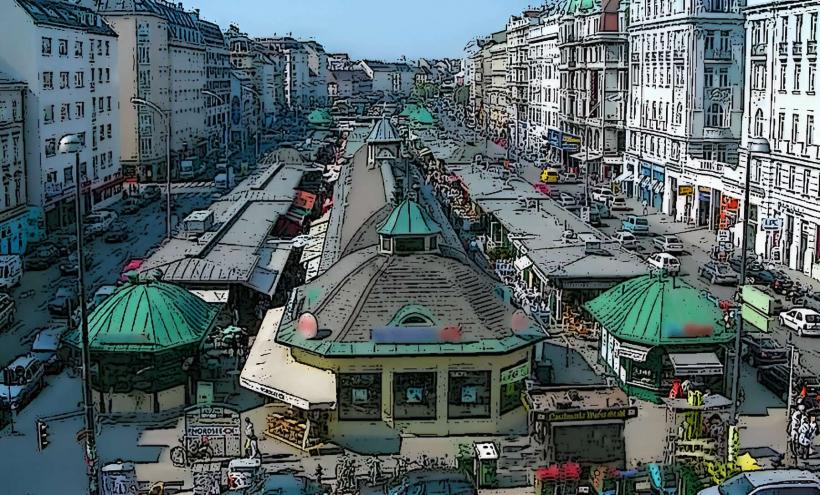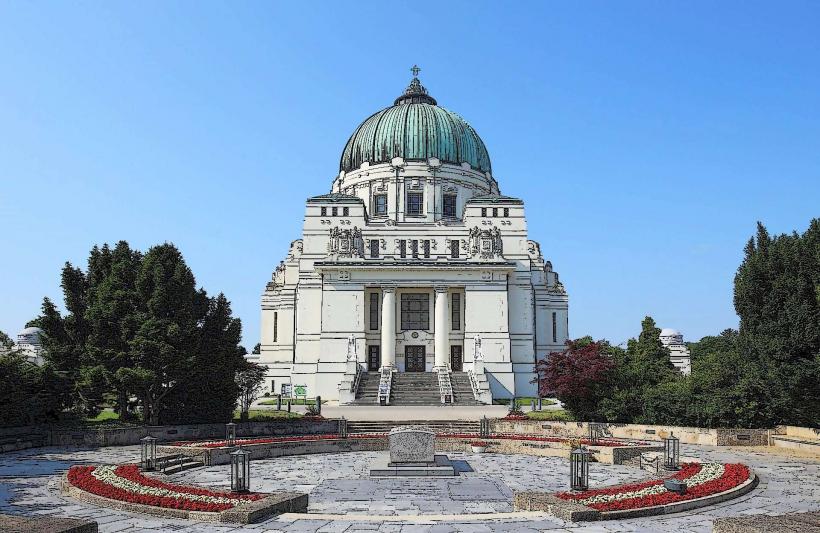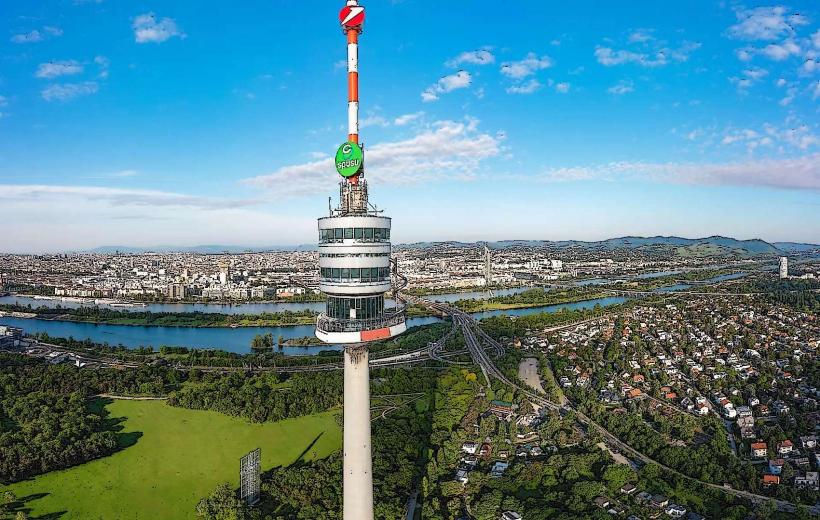Information
Landmark: Vienna UniversityCity: Vienna
Country: Austria
Continent: Europe
Vienna University, Vienna, Austria, Europe
Vienna University (University of Vienna)
The University of Vienna (Universität Wien) is one of the most prestigious and oldest universities in Europe, renowned for its contributions to education, research, and scholarship. Founded in 1365, it has played a significant role in the intellectual and cultural development of Austria and Europe. The university's history is deeply intertwined with the history of Vienna itself, and its campuses are among the city’s most important landmarks.
Overview and History:
- Founded: 1365, making it one of the oldest universities in the German-speaking world.
- Founder: The university was founded by Duke Rudolf IV, also known as Rudolf the Founder.
- Reputation: Over the centuries, the University of Vienna has earned a reputation as a leading institution of higher learning, with a strong emphasis on research and academic excellence in various fields, including humanities, natural sciences, law, and social sciences.
Academic Profile:
- The university offers a broad range of programs at the undergraduate, graduate, and doctoral levels across various disciplines.
- It is particularly renowned for its faculties in philosophy, law, theology, mathematics, and natural sciences.
- Research Excellence: The university is also highly regarded for its research output and is a part of various global academic networks. It has produced numerous notable scholars and Nobel laureates in fields like philosophy, psychology, physics, and medicine.
Campus and Architecture:
The main campus is located in the city center of Vienna, near the Ringstraße, an iconic boulevard that encircles the historic heart of the city. The university’s main building is a monumental structure dating back to the 19th century, designed in a neo-renaissance style. This building is an architectural landmark and offers a majestic entrance and grand interior spaces.
Key Architectural Features:
- Main Building: The primary university building, designed by Heinrich von Ferstel, is one of Vienna’s architectural masterpieces. It is adorned with grand columns, statues, and a large central atrium, creating an impressive first impression for visitors.
- Audimax: The Audimax is a central lecture hall within the main building, known for its massive size and distinctive architecture. It’s one of the largest lecture halls in Austria, where prominent academic events and lectures take place.
- University Library: The University Library is another iconic structure, with its impressive facade and vast collection of academic resources. It is located in the university’s central campus area and is known for its extensive archives, special collections, and the beautiful reading room.
Academic Contributions and Alumni:
- Nobel Laureates and Famous Alumni: The University of Vienna has been associated with several Nobel Prize winners, including Erwin Schrödinger (Physics, 1933), Konrad Lorenz (Physiology, 1973), and Otto Hahn (Chemistry, 1944). Other notable alumni include the philosopher Ludwig Wittgenstein, the psychologist Sigmund Freud, and the political economist Joseph Schumpeter.
- Scholarly Impact: The university has made substantial contributions to fields like law, psychology, philosophy, and the social sciences. It is also well-known for its interdisciplinary research programs and its active role in promoting academic collaboration and international exchange.
International Presence:
- The University of Vienna attracts students and scholars from all over the world, thanks to its long-standing international reputation and a wide variety of courses offered in English.
- It is a member of several prestigious academic networks, such as the League of European Research Universities (LERU) and the European University Association (EUA), further bolstering its global academic profile.
Cultural and Intellectual Hub:
- The university is also a major cultural institution in Vienna, hosting various academic events, conferences, exhibitions, and public lectures. Its public lecture series often feature global thought leaders and are open to the public.
- Many of the university’s historic buildings house galleries and exhibition spaces, as well as regular performances and cultural events that enrich Vienna’s intellectual and artistic life.
University Gardens and Green Spaces:
- The University Garden, located on the university’s Altes AKH campus, is a peaceful green area that is often used by students and faculty for relaxation, study, or casual meetings.
- It is a symbol of the university’s connection to nature and its commitment to providing a well-rounded, holistic educational environment.
Modern-Day Significance:
- Today, the University of Vienna is not only an academic institution but also a vibrant center for cultural exchange, knowledge dissemination, and scholarly development. It continues to play a significant role in shaping Austrian and European intellectual life.
Conclusion:
The University of Vienna stands as a central institution of learning, research, and culture in Austria. It continues to contribute significantly to the advancement of knowledge, maintains a strong presence in the international academic community, and serves as a cultural hub within the city of Vienna. With its rich history, impressive architecture, and esteemed reputation, the University of Vienna remains a cornerstone of Austrian and European intellectual life.

